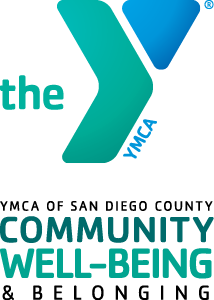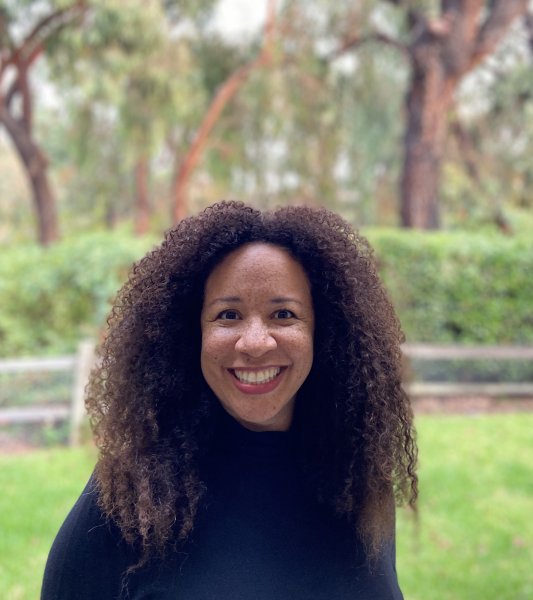BY: TARA HODGENS, LMFT
While this article will address why representation (specifically cultural/racial representation) matters in therapy, it’s important to state that BIPOC (Black, Indigenous, People of Color) are not a monolith. Chimamanda Ngozi Adichie explains beautifully the danger of a single story.
In order to understand why BIPOC representation in therapy matters, it is important to note the history of the mental health field in the United States. Benjamin Rush, the “Father of American Psychiatry,” noted that Africans were suffering from “negritude,” a mild form of leprosy in which the only cure was to turn Africans’ skin white. Later, Samuel Cartwright stated that black slaves trying to flee captivity were suffering from “drapetomania,” which was a disease of the mind. This term remained in the Practical Medical Dictionary in 1914. Scientific racism in the mental health field was used to control and contain black people for profit. Pharmaceutical advertisements also followed these diagnoses and companies profited from these racist ideologies. In the late 1960’s, schizophrenia was used to describe “protest psychosis” for black men during Civil Rights Protests. Up until the 1970’s, homosexuality was a diagnosable disease. Currently there is an over diagnosis of Oppositional Defiant Disorder given to African Americans. Representation is an inherent problem in all mental health fields because they are part of a system that benefited from racism. Distrust amongst BIPOC populations is well justified and is a barrier to seeking out mental health services.
Representation matters in mental health because it can interrupt that distrust when underserved communities have access to therapists that struggle and fight the same system through lived experiences. We know from research that what supports good outcomes in therapy is the relationship that a client has with their therapist. This relationship is strengthened when a therapist shares their traditions and understands how their family views healing. Greater exposure to BIPOC clinicians also upends the notion in the mental health field that psychological and psychiatric services are the only way for people to heal. People have been healing for centuries. There is Naikan, Curanderas, Inipi and many more healing practices that BIPOC use on a daily basis. We are limiting our ability to help people when we only prescribe one way to heal.
BIPOC are significantly impacted by health disparities yet they are underrepresented in the workforce. Mental health is not the only field behind in addressing health disparities among underserved populations. A recent study reported that Black babies are half as likely not to die if they are cared for by Black doctors after their birth. Representation saves lives and this is why Black Lives Matter.
Diversity in the therapy room offers culturally competent services because it gives the community access to a therapist familiar with diverse traditions, histories, beliefs and languages. Representation matters because it can lift the burden of having to explain one’s culture and racial experiences to a counselor who does not look like them. Often there may be no explanation or conversation at all. Unspoken censorship happens in the therapy room when a counselor is afraid or even unaware of what to ask, or say, about the racial and cultural differences in the room. This can reinforce mistrust and a sense of isolation.
When BIPOC are only given the option of seeing a white counselor, it creates another layer of questions and concerns in addition to the questions most have when entering therapy such as: How is the therapist’s ignorance of internal bias playing out in the session? Does this therapist hold secret racist viewpoints that will harm me or my family? Will they pathologize my symptoms (or worse-my child’s symptoms) when they may be having a rational response to racism?
When you don’t see people that look like you, you don’t think it is for you. Think about what goes into deciding to purchase a product like hair care, make up, or clothes. What questions come up? Will this be a waste of my money? Is this made for my body? Is this going to look good on me? Is this for me? These same types of questions arise when deciding to purchase or engage in a service, including therapy.
When there are few BIPOC providers, the exhausting weight of responsibility and being part of that representation is overwhelming and unjust. Here are a few ways we can increase representation in mental health:
- Ensure inclusive hiring practices
- Increase in BIPOC board members and C-Suite
- Fund research that is culturally responsive and moves beyond “talk therapy”
- Decrease barriers to education, training and licensing for BIPOC communities
- Provide opportunities for mentorship
- …and dismantle systemic racism
There is plenty of research that has looked at these disparities and what is needed; however, this remains a slow process, one that those in power must decide to act on with a sense of urgency. If we can acknowledge how systemic racism is a part of the mental health field, increase multicultural competency (including cultural humility) and increase the numbers of BIPOC clinicians, then we can ALL more effectively help our communities and inspire the next generation as those that came before us inspired us.
Important Resources
YMCA Well Being Services-culturally responsive care in the workplace, including trainings and low cost counseling.
Ayana Therapy-Finding the Ideal Therapist is a Right Not a Privilege
UPAC- Union of Pan Asian Communities-Improving the well-being of underserved diverse populations
The Center (SD)-Enhance and sustain the health and well-being of the LGBTQ+ community
InnoPsych –Changing the face of therapy
Brown Girl Therapy- Mental health community for children of immigrants
Therapy for Black Girls-Black. Girls. Thriving
Equine Assisted Psychotherapy- Center for Mental Health and Wellness
Special Needs Resource Foundation of San Diego-For families with special needs
Therapy for Latinx-Therapy for the culture
Therapy for Black Men- Strength Still Needs Support
Boris Henson Foundation – Changing the perception of mental illness in the African-American Community (founded by Taraji P. Henson). Offers limited free services.
San Diego American Indian Health Center-Promote excellence in care with respect to custom and tradition
CAMFT Antiracism Educational Resources for Therapist and Clients
Somewhere Good: Somewhere Good is a social platform designed for people of color to connect around the things we love. Created by Black, Latinx and Queer Folx.
SDSU CBB (Community-Based Block Program) Preparing culturally competent counselors with a commitment to social justice and providing community counseling to underserved communities.
ABOUT THE AUTHOR
Tara Hodgens is a Licensed Marriage and Family Therapist who has worked in the mental health field with diverse populations for 18 years. Tara has worked with the Y for over 15 years and in many clinical settings, including Rady’s Children’s Hospital and various clinics. She has taught courses in Psychology, Culture in Mental Health, and Behavioral Sciences. Tara conducts various staff trainings and workshops on mental health and well-being.
To learn more about mental and behavior health services at the Y or to request services, visit www.ymcasd.org/mentalhealth.



